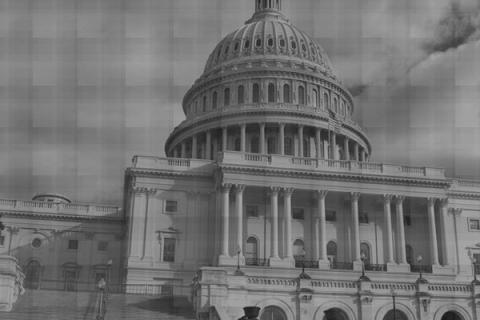 The House of Representatives will vote on Ron Paul's most persistant demand over the last several years, to audit the Federal Reserve. The Federal Reserve Transparency Act (HR 459) would “require a full audit of the Board of Governors of the Federal Reserve System and the Federal reserve banks by the Comptroller General of the United States before the end of 2012, and for other purposes.”
The House of Representatives will vote on Ron Paul's most persistant demand over the last several years, to audit the Federal Reserve. The Federal Reserve Transparency Act (HR 459) would “require a full audit of the Board of Governors of the Federal Reserve System and the Federal reserve banks by the Comptroller General of the United States before the end of 2012, and for other purposes.”
The audit the federal reserve bill will be up for discussion today in the House and will likely go to vote either today or tomorrow. The bill has been brought under suspension rules, so there will be no amendments and requires a 2/3 vote to pass.
Current law provides that the Government Accountability office may audit the federal reserve, but with significant restrictions, including:
1. transactions for or with a foreign central bank, government of a foreign country, or nonprivate international financing organization;2. deliberations, decisions, or actions on monetary policy matters, including discount window operations, reserves of member banks, securities credit, interest on deposits, and open market operations3. transactions made under the direction of the Federal Open Market Committee; or4. a part of a discussion or communication among or between members of the Board of Governors and officers and employees of the Federal Reserve System related to clauses (1)-(3) of this subsection of US Code.
Opponents of the bill argue that the federal reserve must operate in relative secrecy because long-term stability requires decisions that are often unpopular to the public in the short-term. NYU Professor Thomas Cooler has argued:
On this view, politicians in a democratic society are short-sighted because they are driven by the need to win their next election. This is borne out by empirical evidence. A politically insulated central bank is more likely to be concerned with long-run objectives.
What is your take on this historical piece of legislation?
